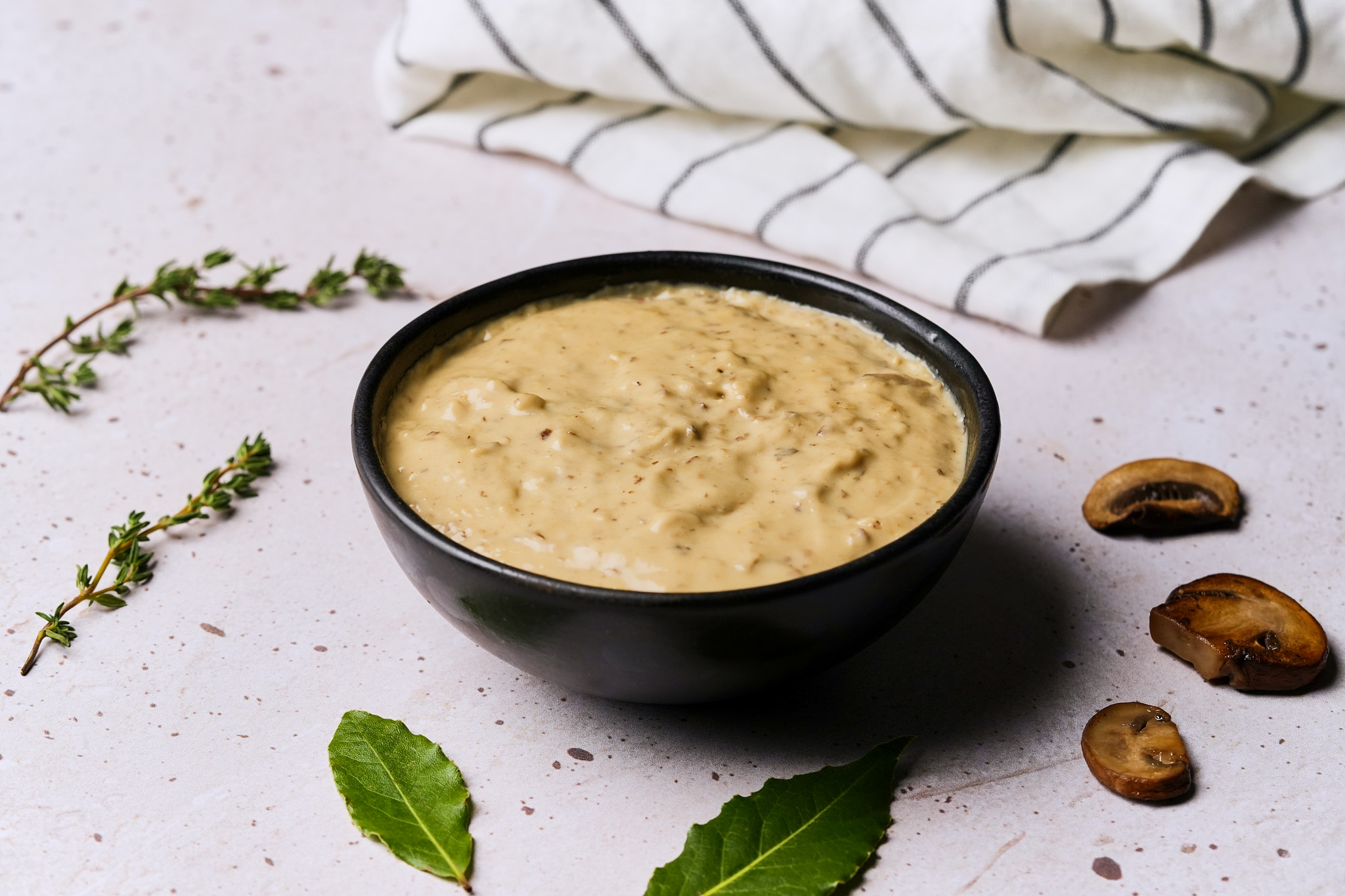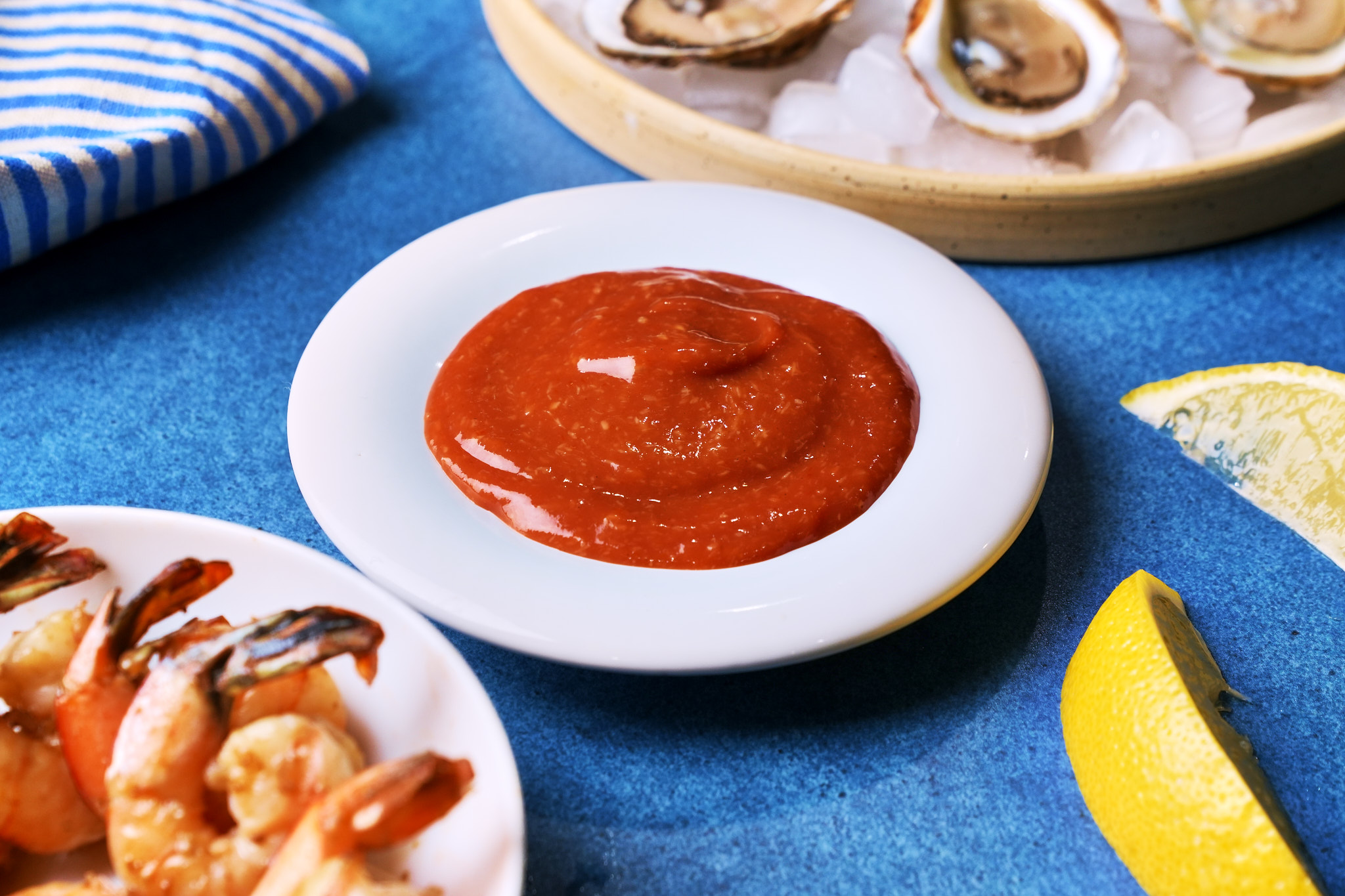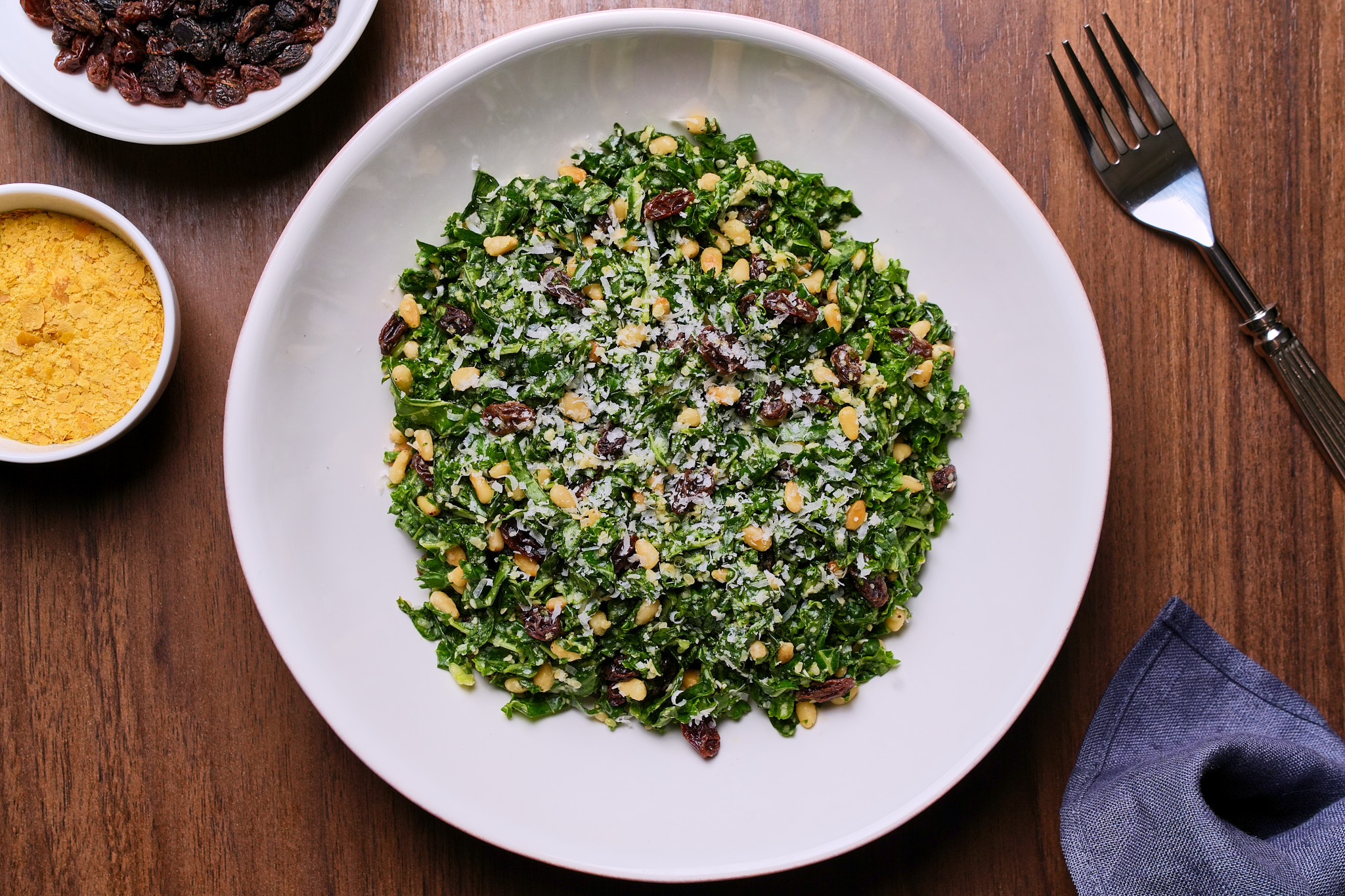Disclaimer: Some links are Amazon affiliate links. Purchases made through them help support the recipe testing, photos, and content I share — thank you!
Summary
These pickled beets are a ready-to-go topping for your salads with a deliciously sweet hint of orange.
Forget slow roasting and multi-day curing—this is a fresh, fast way to make incredibly flavorful pickled beets that balance sweet, sour, and citrus in just 20 minutes.
We slice them ultra-thin, infuse with fresh orange peel, and use allulose instead of refined sugar, keeping them light and guilt free. Perfect on a salad or tossed into a grain bowl for whenever you need it.
You May Like These Recipes Too
Additional Details About This Recipe
How do you make pickled beets?
You have two options for pickling beets, the first is to cut the beets so thin that they don’t require pre-cooking to soften them, leaving you with a slightly crunchy bite. The second method requires that you boil, poach, or sous vide the beets until tender before pickling.
From there you simply place your beets in the jar, bring your pickling liquid (water, vinegar, salt, sugar) to a boil and pour it into the jar. Letting it cool before covering and storing in the fridge.
How long do pickled beets last in the fridge?
The pickling process introduces salt, sugar, and vinegar and the brine covers the beets creating an air free environment. All these preservation components allow pickled beets to last up to several years in the fridge as long as they remain submerged in the liquid.
It is better to gauge if pickles are edible based signs of spoilage rather than relying on a specific date.
Signs to throw out pickled vegetables would be a fowl odor, discoloration, and visible mold growth.
What are pickled beets good on?
Pickled beets are a great addition to a wide range of salads, sandwiches, and burgers. They also can make a great snack on their own.
Are pickled beets healthy?
Our recipe uses allulose in place of refined sugar making them a very healthy and long lasting food source. Beets can lower blood pressure, improve heart health, reduce inflammation, and so much more.
Where to buy allulose?
Most grocery stores now sell allulose where other sugar alternatives are located. You can also purchase it on Amazon.
Nutritional Facts
(per ¼ cup serving)
- Calories: 25
- Fat: 0 g
- Carbs: 5 g (0 g added sugars if using allulose)
- Fiber: 1 g
- Protein: 1 g
- Sodium: 320 mg
- Vitamin C: 5% DV
- Iron: 3% DV




